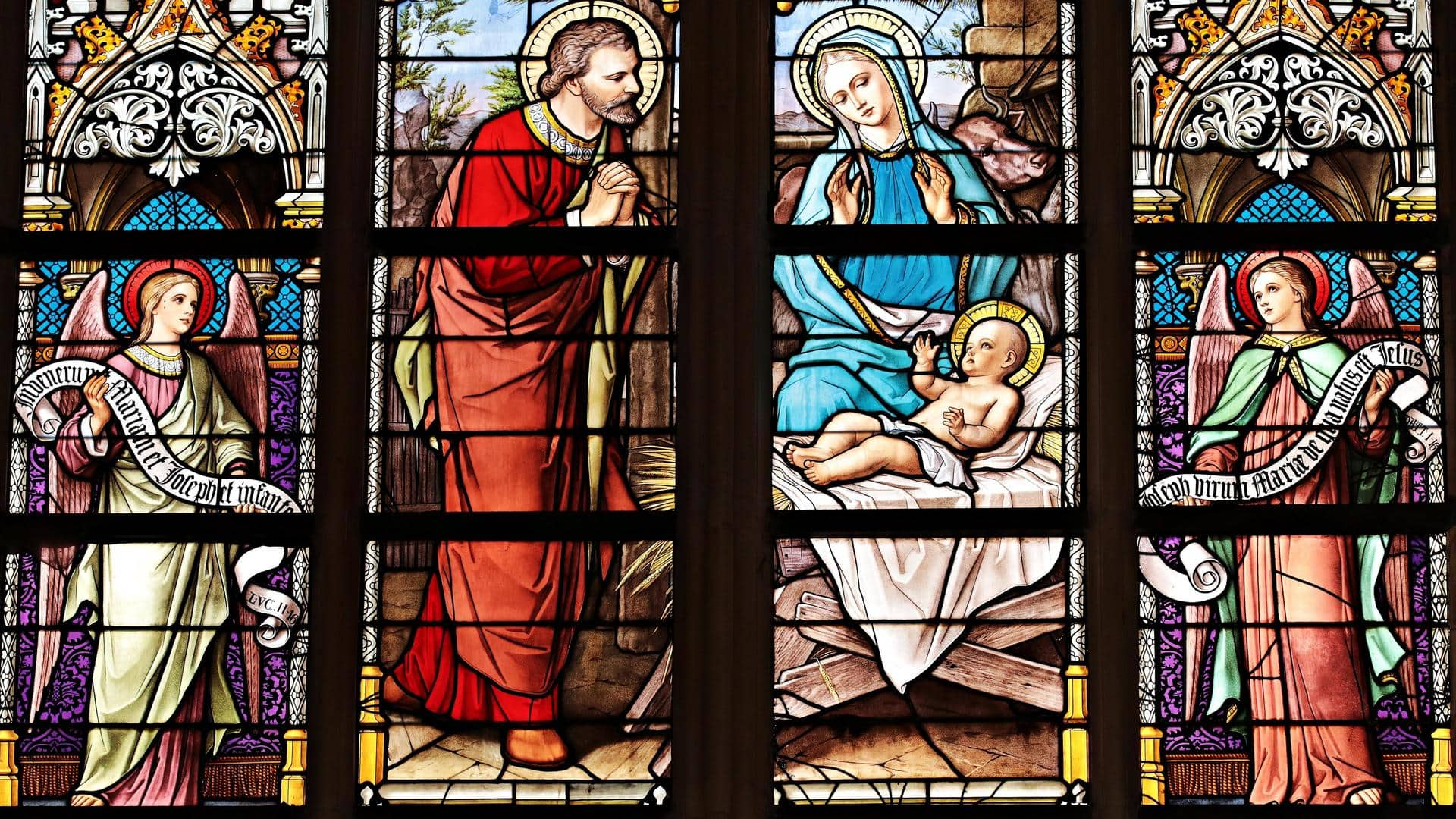
Epiphany: All about the last day of Christian holiday season
What's the story
While most people think that Christmas Day is only a one-day affair and begin to take down their Xmas decorations on New Year itself, there's a week full of celebrations post that. Epiphany is celebrated on January 6 every year and is a feast day for Christians to celebrate God's manifestation as Jesus Christ. Here's everything you should know about this festival.
Facts
Epiphany came from Greek word 'epiphainein'
Epiphany was derived from the Greek word 'epiphainein', which means to manifest. It is also believed that the Three Wise Men were astrologers. They are called Magi, an Old Persian priestly caste that studies the stars. The Bible never mentioned how many Wise Men were there. However, it is assumed they were three as they brought three gifts - gold, frankincense, and myrrh.
History
Epiphany is also called Three Kings Day and Little Christmas
Christians refer to Epiphany as also Three Kings Day and Little Christmas. Today, people feast and conclude the 12 days of celebration, marking the end of the holiday season. The feast commemorates the visit of the Three Wise Men who followed an angel to Bethlehem where Jesus was born. It's also called Old Christmas as Eastern Romans used to celebrate Xmas on January 6.
Significance
Here's why Epiphany is celebrated 12 days after Christmas
Ever wondered why the festival of Epiphany is a 12-day celebration? Well, it is believed that it took the Three Wise Men 12 days to reach Bethlehem to recognize Jesus as the son of God. Throughout these 12 days, some Christians exchange gifts, sing carols, and enjoy Christmas-special food like eggnog. They take down the decorations and bid adieu to the holiday season.
Celebrations
Many countries have their own names and traditions for Epiphany
Traditionally, kids in Spain didn't receive their Christmas presents on December 25 but instead on January 6, when the Three Wise Men were believed to have arrived. In Ireland, Epiphany is called Women's Little Christmas as the men take on household chores for the day. In other countries, people sing songs, chalk the door, get their house blessed, eat cake, and visit the church.